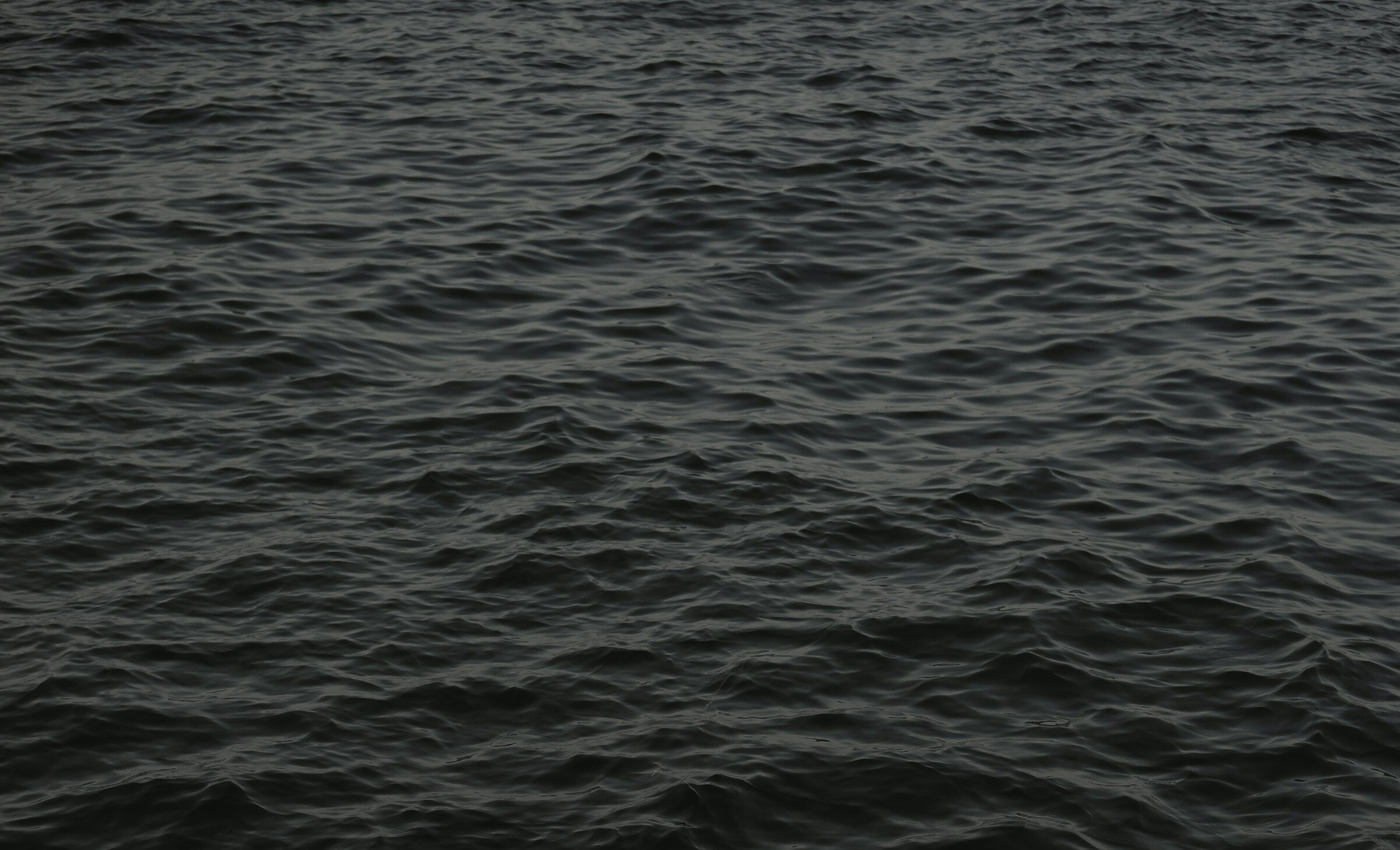The EU adopts its 15th sanctions package against Russia
On 16 December 2024m the EU Council announced the 15th package of sanctions against Russia.[1] Insofar as shipping, energy and international trade are concerned, this package includes new listings affecting energy and shipping companies, as well as senior management of some of those entities, additional measures targeting the Russian ‘shadow fleet,’ tighter trade restrictions on certain products, and mechanisms to address Russian anti-suit injunctions, among other measures.
The Council has added 84 new listings to Annex I to Regulation (EU) No 269/2014, which 54 new individuals and 30 new entities.[2] The listings target a number of senior managers in companies operating in the Russian energy and shipping sectors (such as Rosnefteflot, Investneftetrade, Prime Shipping, Gazstroyprom, Gazprom, etc.) as well as certain shipping companies that transport crude oil and petroleum products by sea.
For the first time, it imposes full-fledged sanctions (which includes travel bans, asset freezes, and prohibitions to make funds and economic resources available) on seven Chinese individuals and entities, who are said to have facilitated the circumvention of EU sanctions or supplied dual-use goods to Russia.
The Council has also listed 52 new vessels from Russia’s shadow fleet, bringing to 79 the total number of vessels referred to in Annex XLII of Regulation (EU) No 833/2014.[3]
Subject to certain exemptions and authorisations, the listed vessels are subject to the following restrictions:
- access to EU ports, anchorage zones and locks,
- import, purchase, transfer, sell, supply or export of such vessels,
- operation or crewing of such vessels,
- provision of services to such vessels, including flag registration, financing, financial assistance, brokering services, technical assistance and other services, and
- ship-to-ship transfers, transfers of cargo with or procuring services from such vessels.[4]
The Council has added 32 entities to Annex IV to Regulation (EU) No 833/2014, including entities located both in Russia and other third countries.[5] These entities will be subject to tighter export restrictions concerning dual-use goods and technology, and goods which might contribute to the technological enhancement of Russia’s defence and security sector.[6]
In a novel move, the EU Council has also prohibited the recognition or enforcement in the EU of any injunctions (including anti-suit injunctions), orders, judgments or other court decisions issued by Russian commercial courts based on what it called Article 248 of the Russian Commercial (Arbitrazh) Procedure Code (“APC”) or equivalent Russian legislation.[7]
Furthermore, any request for assistance in an investigation or criminal proceedings, as well as any punishment or sanction under the Russian Criminal Code for violating any injunction, order, relief, judgment, or other court decision under Article 248 APC or equivalent Russian legislation, will not be recognized, enforced, or given effect in a EU Member State.[8]
The interpretation of the new EU regulations regarding measures intended to address Russian anti-suit injunctions in various EU Member States remains uncertain. Without further clarification from the EU authorities, these measures might spark additional debate and may not necessarily achieve their intended purpose.
One issue lies with how the new EU ban dealing with certain Russian judgments was drafted. The new EU Regulation references “Article 248” (without any further qualifications) and effectively prohibits EU state courts from recognising and enforcing any Russian judgments based on that Article.
However, strictly speaking, Article 248 of the Russian Arbitration Procedure Code is an innocuous provision that merely codifies the exclusive jurisdiction of Russian arbitration courts in cases involving Russian government property, real estate located within Russia, intellectual property requiring local registration, entries in Russian registries, and creation, liquidation and challenging the corporate acts of companies registered in Russia.
By contrast, Articles 248.1 and 248.2[9] are entirely separate provisions and are more objectionable, both from the political and conflict of laws perspectives.
Art. 248.1 provides that the Russian commercial courts have exclusive jurisdiction over disputes involving individuals or entities subjected to sanctions against Russia. This covers disputes arising from such sanctions which involve either Russian or foreign parties. Under Art. 248.1, affected parties are entitled to initiate or transfer their disputes to Russian commercial courts (despite binding arbitration or choice-of-court clauses).
In turn, Article 248.2 APC allows such affected parties to seek anti-suit injunctions from Russian commercial courts to enjoin parallel court proceedings or arbitrations pending outside of Russia – even if those are initiated under binding jurisdiction agreements.
Even though the intent of the EU Council is clear from at least the preamble to the new EU Regulation, Arts. 248.1 and 248.2 APC are separate provisions in Russian legislation are not related to Art. 248. However, a strict and literal interpretation of the new EU Regulation by a state court might potentially affect the recognition and enforcement of entirely valid and unobjectionable Russian judgments not involving sanctions but rather dealing with real estate, intellectual property and corporate matters.
As it stands, the scope of the new EU Regulation remains not fully clear. It is therefore uncertain whether the new measures would creates hurdles to enforcing regular Russian judgments in the EU, quite aside from those obtained in breach of the applicable jurisdiction clauses. It is hoped that the EU authorities will soon clarify this point through a FAQ or even amend the new regulations to ensure they achieve the desired effect.
References:
[1] EU Press release: https://ec.europa.eu/commission/presscorner/detail/en/ip_24_6430
[2] Council Decision (CFSP) 2024/3182 of 16 December 2024 amending Decision 2014/145/CFSP concerning restrictive measures in respect of actions undermining or threatening the territorial integrity, sovereignty and independence of Ukraine; Council Implementing Regulation (EU) 2024/3183 of 16 December 2024 implementing Regulation (EU) No 269/2014 concerning restrictive measures in respect of actions undermining or threatening the territorial integrity, sovereignty and independence of Ukraine.
[3] Council Decision (CFSP) 2024/3187 of 16 December 2024 amending Decision 2014/512/CFSP concerning restrictive measures in view of Russia’s actions destabilising the situation in Ukraine; and Council Regulation (EU) 2024/3192 of 16 December 2024 amending Regulation (EU) No 833/2014 concerning restrictive measures in view of Russia’s actions destabilising the situation in Ukraine.
[4] See Article 3s, Council Regulation (EU) No 833/2014.
[5] Council Decision (CFSP) 2024/3187 of 16 December 2024 amending Decision 2014/512/CFSP concerning restrictive measures in view of Russia’s actions destabilising the situation in Ukraine; and Council Regulation (EU) 2024/3192 of 16 December 2024 amending Regulation (EU) No 833/2014 concerning restrictive measures in view of Russia’s actions destabilising the situation in Ukraine.
[6] See Article 2b, Council Regulation (EU) No 833/2014.
[7] Council Decision (CFSP) 2024/3187 of 16 December 2024 amending Decision 2014/512/CFSP concerning restrictive measures in view of Russia’s actions destabilising the situation in Ukraine; and Council Regulation (EU) 2024/3192 of 16 December 2024 amending Regulation (EU) No 833/2014 concerning restrictive measures in view of Russia’s actions destabilising the situation in Ukraine.
[8] Council Decision (CFSP) 2024/3187 of 16 December 2024 amending Decision 2014/512/CFSP concerning restrictive measures in view of Russia’s actions destabilising the situation in Ukraine; and Council Regulation (EU) 2024/3192 of 16 December 2024 amending Regulation (EU) No 833/2014 concerning restrictive measures in view of Russia’s actions destabilising the situation in Ukraine.
[9] Introduced into the APC by Federal Law of 08.06.2020 N 171-FZ.











